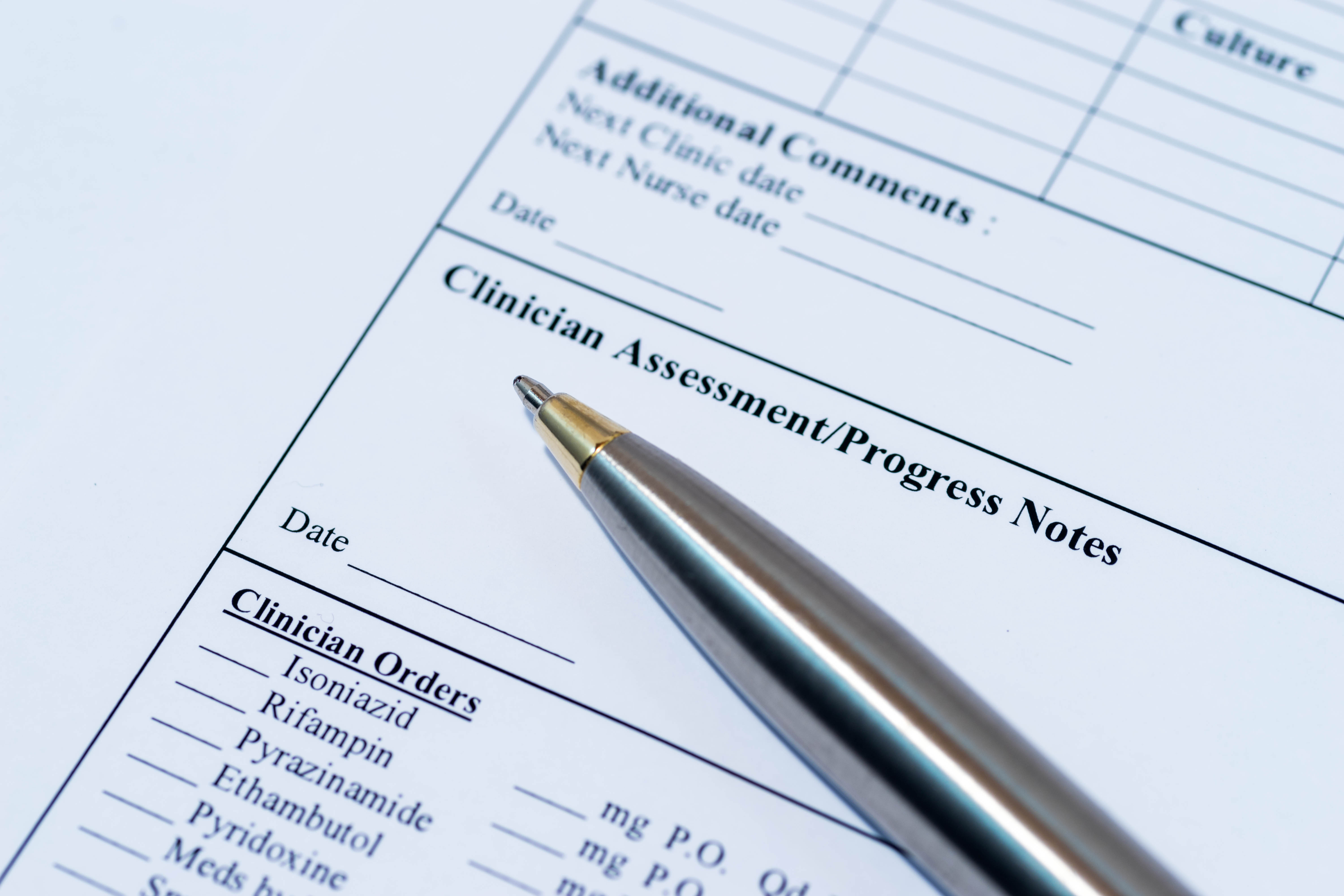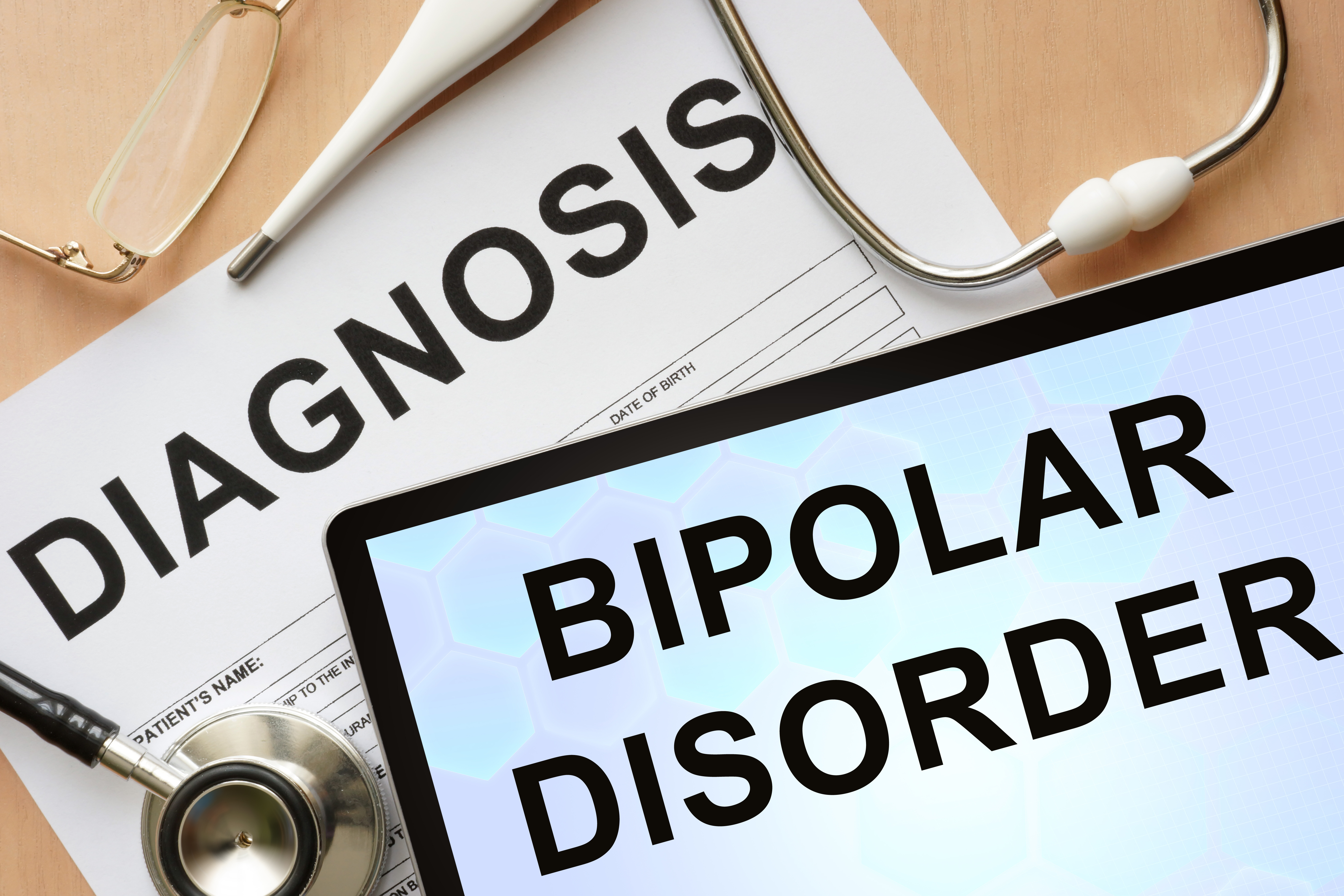Topics tagged with "Early detection"

Therapies for prevention of PTSD
What is psychotherapy for the prevention of PTSD? Early intervention models suggest psychological interventions given to an individual exposed to a traumatic event may prevent the onset of trauma-related symptoms. Cognitive therapies are based on the theory that an individual’s perception of a situation influences his or her emotional response to it. They aim to help people identify distorted thinking and to modify existing beliefs. Cognitive processing therapy is a type of cognitive therapy that involves psychoeducation, written accounts about the traumatic event, and cognitive restructuring to address beliefs about the event’s meaning and its implications. Cognitive behavioural therapy (CBT)…

All pharmaceutical treatments for prevention of PTSD
What are medications for the prevention of PTSD? Scientific understanding of the neurobiological changes occurring during PTSD onset shows memory consolidation appears particularly vulnerable to disruption in the first six hours after trauma, making this a crucial period for intervention for prevention of PTSD. This technical commentary presents the evidence on pharmaceutical interventions administered during this period. Please also see the psychotherapy for prevention of PTSD topic. What is the evidence on medications for the prevention of PTSD? Hydrocortisone is a glucocorticoid, which attenuates heightened fear response through increased removal of fear-inducing memories. Moderate to low quality evidence found a…

First-episode bipolar disorder
What is first-episode bipolar disorder? The onset of bipolar disorder can be hard to identify, as early symptoms may be difficult to distinguish from normal mood fluctuations. Correct diagnosis and treatment is important because untreated illness may have an inherently ‘toxic’ effect, contributing to psychological deterioration and poor prognosis. An initial diagnosis of bipolar disorder usually follows the first distinct episode of mania, but may come after a long period of inappropriate treatments for other mood disorders. What is the evidence for the course and outcome after a first-episode of bipolar disorder? Moderate to high quality evidence suggests the mean…

Therapies for high-risk groups
What is high risk for bipolar disorder? People deemed at high risk for bipolar disorder can be identified by having a family history of a mood disorder and/or having subclinical symptoms that are not severe enough for a diagnosis. Subclinical symptoms include depression, difficulty with concentration, episodic mood swings, anxiety, sleep disturbances, and sensitivity to stress. Familial risk accompanied by mood dysregulation or other mood symptomatology could help define the population at high risk of bipolar disorder. Early intervention involves identifying and treating these high-risk individuals as repeated mood episodes put people at risk of poor symptomatic and functional recovery….

Therapies for first-episode bipolar disorder
What is first-episode bipolar disorder? The course of bipolar disorder and its treatment response tends to worsen over time, highlighting the importance of early intervention. As bipolar disorder cannot be diagnosed on the basis of depression alone, the onset of a manic episode may indicate an underlying bipolar disorder. Interventions for first-episode psychosis or depression have begun to be extended to those with bipolar disorder, however such interventions need to be tailored to suit people with first-episode bipolar disorder, and research is sparse for these patients. What is the evidence for psychosocial treatments for first-episode bipolar disorder? Low quality evidence…

Medication for high-risk groups
What is high risk for bipolar disorder? People deemed at high risk for bipolar disorder can be identified by having a family history of a mood disorder and/or having subclinical symptoms that are not severe enough for a diagnosis. Subclinical symptoms include depression, difficulty with concentration, episodic mood swings, anxiety, sleep disturbances, and sensitivity to stress. Familial risk accompanied by mood dysregulation or other mood symptomatology could help define the population at high risk of bipolar disorder. Early intervention involves identifying and treating these high-risk individuals as repeated mood episodes put people at risk of poor symptomatic and functional recovery….

Medication for first-episode bipolar disorder
We have not found any systematic reviews on this topic that meet the inclusion criteria. Pending enough primary studies, we invite reviews on this topic to be conducted. Alternatively, we will endeavour to conduct our own review to fill this gap in the Library. November 2021 Image: ©designer491 – stock.adobe.com

Early detection
Why is early detection of bipolar disorder important? Early detection of bipolar disorder can prevent or delay the onset of the disorder, and improve clinical outcomes in people who develop it. What is the evidence regarding early detection of bipolar disorder? Moderate to high quality evidence suggests large effects of having psychotic symptoms or a family history of bipolar disorder as risk factors for transition to bipolar disorder in people with major depression. There was a medium-sized effect of higher risk of transition to bipolar disorder with early age of onset of depression, and a small effect of having a…

Therapies and medications for high-risk groups
What are high-risk groups? A key target of early intervention is “indicated prevention” for individuals at high risk of psychosis who have been identified with early signs of the disorder, but do not meet any diagnostic criteria. There are two key approaches for identifying people with early signs. The first approach is based on Huber’s Basic Symptoms, which focuses on a detailed way of describing phenomenological (subjective) disturbances in the domains of perception, cognition, language, motor function, will, initiative and level of energy, and stress tolerance. Because the basic symptoms refer only to subtle subjectively experienced abnormalities, they may reflect…

Medications for first-episode psychosis
What is first-episode psychosis? People with a first episode of psychosis experience distressing symptoms such as unusual beliefs or abnormal behaviour (positive symptoms) and/or withdrawal or loss of interest in work or school (negative symptoms). Early intervention programs for schizophrenia and psychosis often combine many elements comprising both pharmaceutical and psychosocial therapies, and may involve enriched therapies that are tailored to an individual’s needs. The conclusions presented here are based on group data, and as such individual treatment programs need to be tailored by trained clinicians. Individual response to treatment can vary in terms of both symptoms and adverse effects….
Green - Topic summary is available.
Orange - Topic summary is being compiled.
Red - Topic summary has no current systematic review available.